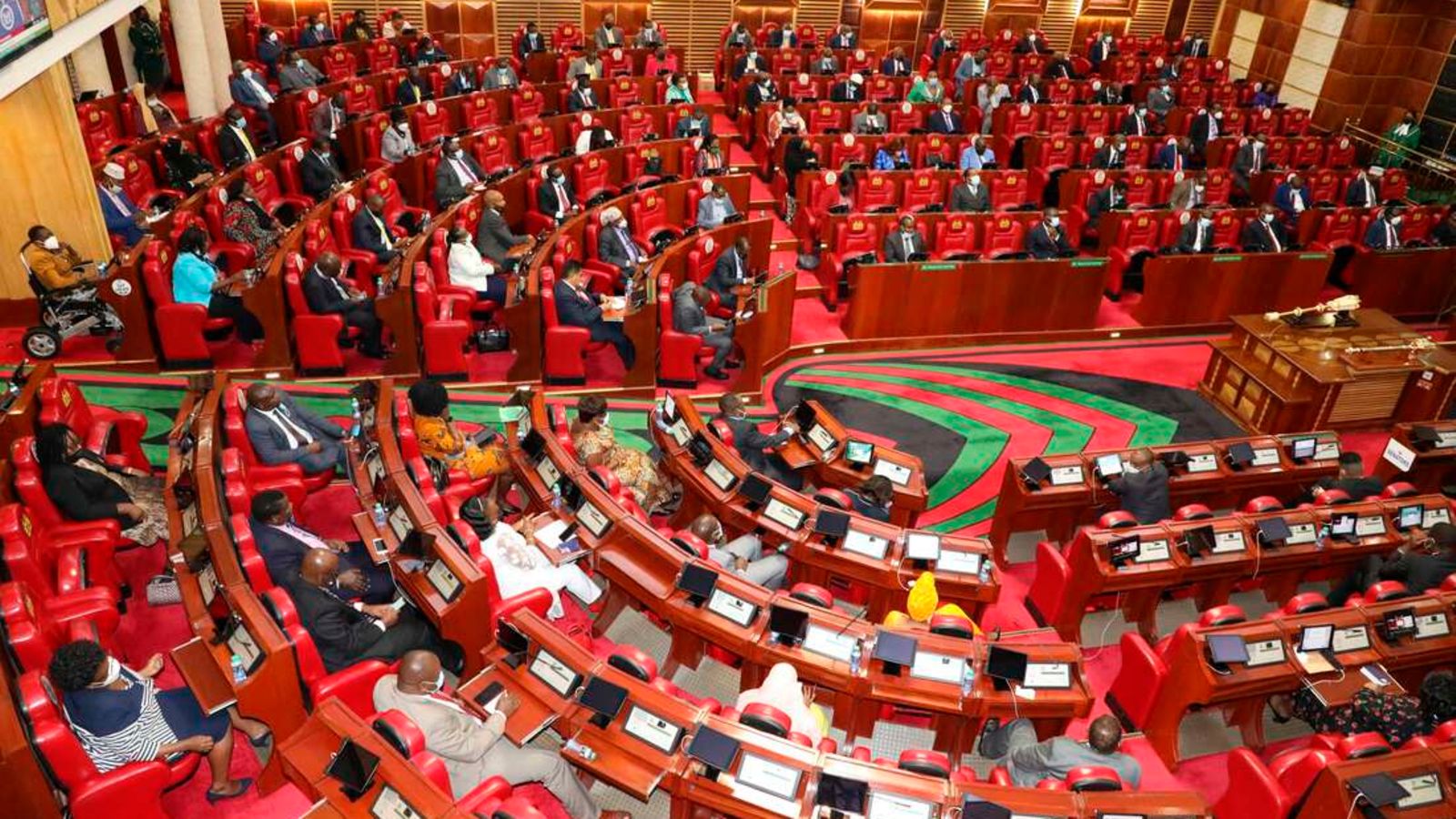
Lawmakers pass budget, biggest in country’s history
The Kenyan Parliament has approved the budget estimates for the Financial Year 2023/24, marking President William Ruto’s first budget since taking office. The budget, the largest in Kenya’s history, amounts to approximately Sh3.679 trillion (24 billion euros) when considering redemptions and appropriations-in-aid. This reflects the growing burden of debt repayments. The Executive has been allocated Sh2.1 trillion, Parliament received Sh40 billion, and the Judiciary and Judicial Service Commission (JSC) were granted Sh22.9 billion.
To finance the 2023-2024 budget, the government plans to implement several new taxes, including those on imported fish, beauty products, and gambling, with the aim of generating around 2 billion euros in revenue. Additionally, an unpopular payroll levy has been proposed to fund a low-cost housing program, initially set at 3% but later reduced to 1.5%.
The budget’s introduction has intensified criticism of President William Ruto, particularly regarding the rising cost of living. Some argue that Ruto, who was elected in August 2022 on a platform of representing the “resourceful” common people, has been unable to address the ongoing price increases and may have even worsened the situation by eliminating subsidies on fuel and maize flour. During the budget presentation, opposition coalition Azimio MPs staged a walkout in protest against the proposed budget text and the voting timetable.
Kenya’s public debt currently stands at $65 billion, equivalent to approximately 67% of the country’s gross domestic product. As the value of the Kenyan shilling continues to decline, the cost of debt repayment has become increasingly burdensome.

